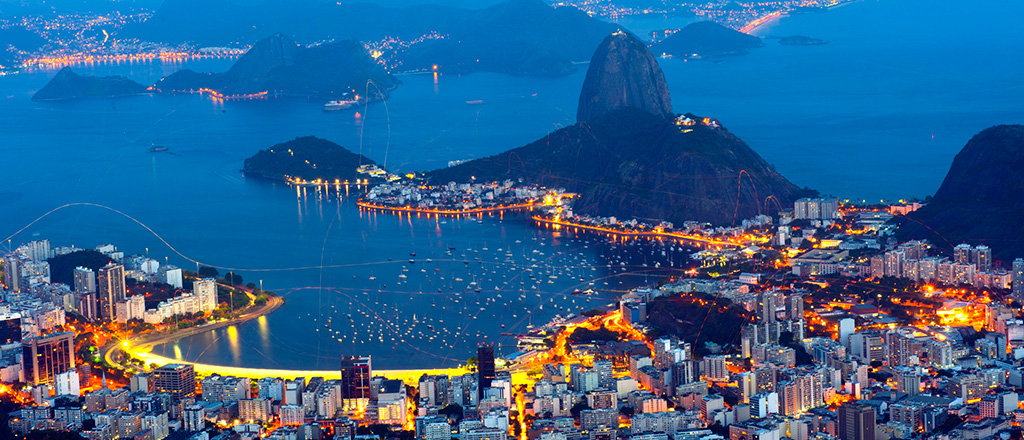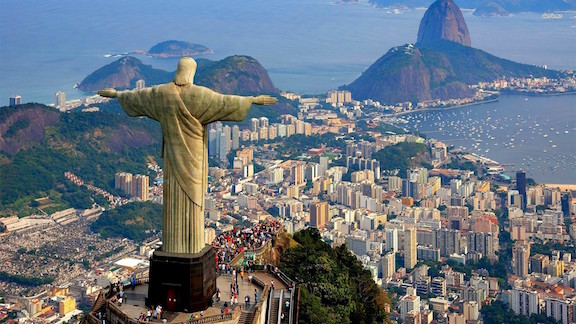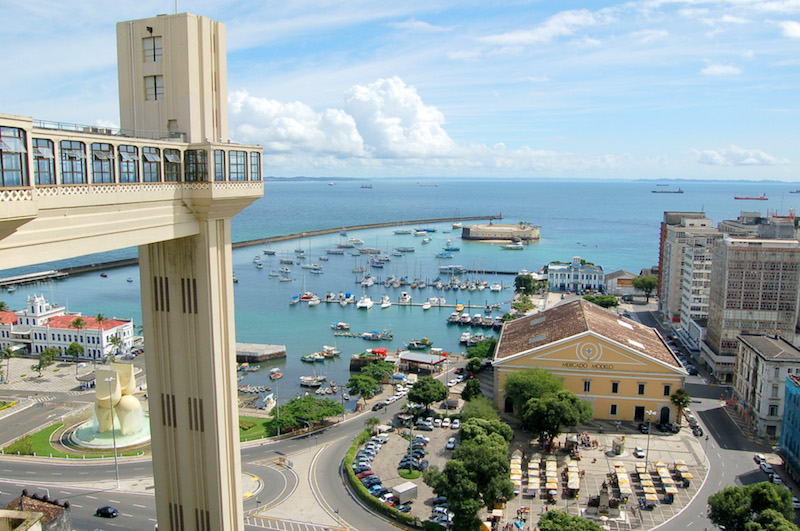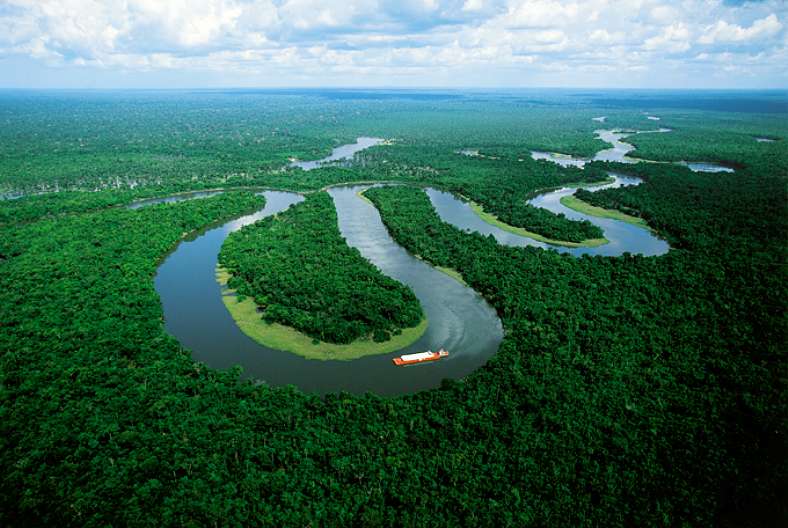Brazilians often say they live in a continent rather than a country. It’s an excusable exaggeration. The landmass is bigger than the United States if you exclude Alaska; the journey from Recife in the east to the western border with Peru is longer than that from London to Moscow, and the distance between the northern and southern borders is about the same as that between New York and Los Angeles. Brazil has no mountains to compare with its Andean neighbours, but in every other respect it has all the scenic – and cultural – variety you would expect from so vast a country.
Despite the immense expanses of the interior, roughly two-thirds of Brazil’s population live on or near the coast and well over half live in cities – even in the Amazon. In Rio and São Paulo, Brazil has two of the world’s great metropolises, and ten other cities have over a million inhabitants. Yet Brazil still thinks of itself as a frontier country, and certainly the deeper into the interior you go, the thinner the population becomes.

Largest metropolitan areas in Brazil
| Rank | City | State | Population |
|---|---|---|---|
| 1 | São Paulo | SP | 10 m |
| 1 | Rio de Janeiro | RJ | 5 m |
| 3 | Belo Horizonte | MG | 3 m |
| 4 | Porto Alegre | RS | 2 m |
Places to Visit in Brazil
-

Rio de Janeiro
Rio de Janeiro is a huge seaside city in Brazil, famed for its Copacabana and Ipanema beaches, 38m Christ the Redeemer statue atop Mt. Corcovado and Sugarloaf, a granite monolith with cable cars to its summit. The city is also known for its sprawling favelas (shanty towns). Its raucous Carnival festival, featuring parade floats, flamboyant costumes and samba, is considered the world’s largest.
-

Salvador
Salvador, a city in Brazil’s northeastern state of Bahia, is known for its Portuguese colonial architecture, Afro-Brazilian culture and tropical coastline. The Pelourinho neighborhood is its historic heart, with cobblestone alleys opening onto large squares, colorful buildings and baroque churches such as São Francisco, featuring gilt woodwork. Capoeira martial artists and Olodum drummers perform on the winding streets.
-

Amazonas
Amazonas is an enormous state in northwestern Brazil, covered almost entirely by the Amazon rainforest. The capital, Manaus, is a river port with landmarks dating to the late-19th-century rubber boom, including the Amazon Theater, a grand opera house. The city marks the "Meeting of Waters," where the blackwater Rio Negro and the Solimões River merge into the Amazon River.